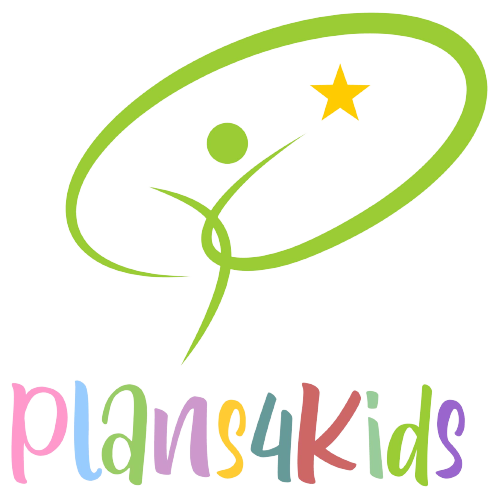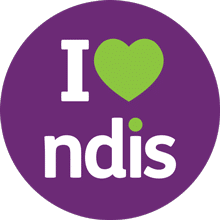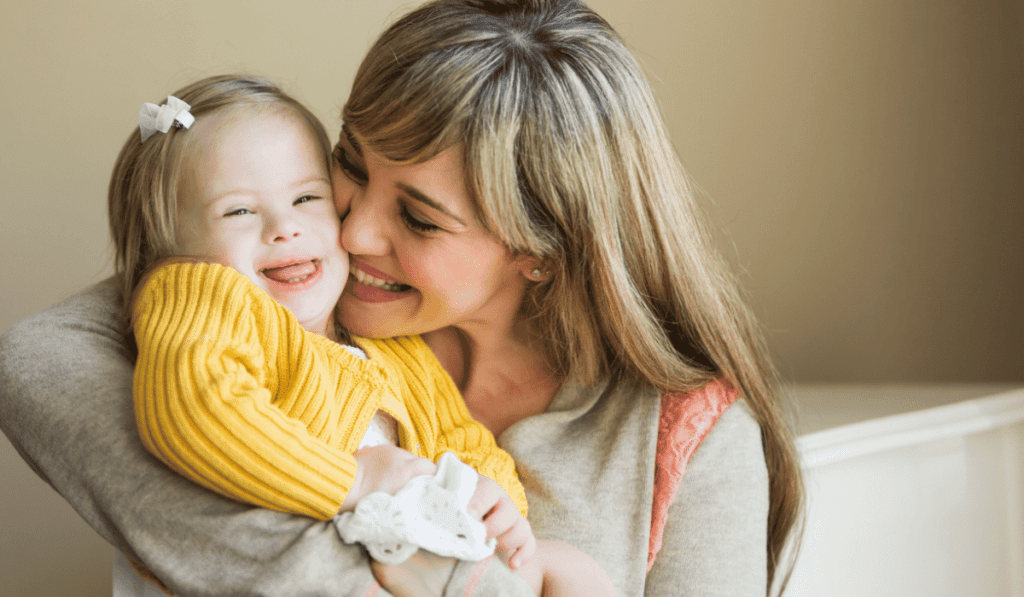The NDIS provides support to individuals with disabilities, including children. One of the key components of the NDIS is the provision of various therapies to assist children in their development and improve their quality of life. In this blog, we will explore some of the different NDIS therapy options for children available to children under the NDIS.
1. Occupational Therapy (OT)
Occupational therapy focuses on helping children develop the necessary skills to engage in everyday activities, such as self-care, play, and school-related tasks. OT can address fine motor skills, sensory processing issues, and cognitive abilities. This therapy aims to enhance a child’s independence and participation in meaningful activities.
2. Speech Therapy
Speech therapy, also known as speech-language pathology, assists children with speech and language difficulties. It can address issues such as articulation, fluency, voice disorders, language delays, and social communication skills. Speech therapy helps children improve their ability to communicate effectively and interact with others.
3. Physiotherapy
Physiotherapy is beneficial for children with mobility issues, gross motor delays, or physical disabilities. This therapy focuses on improving strength, balance, coordination, and overall physical function. Physiotherapists work with children to develop their motor skills, increase mobility, and enhance their overall physical well-being.
4. Psychology/Counseling
Psychological support is crucial for children with disabilities who may experience emotional, behavioral, or mental health challenges. Psychologists or counselors can help children cope with their emotions, develop coping strategies, manage anxiety or depression, and improve their overall mental well-being. This therapy aims to support children in building resilience and developing positive mental health.
5. Applied Behavior Analysis (ABA)
ABA is a therapy often used for children with autism spectrum disorder (ASD). It focuses on understanding and changing behaviors through positive reinforcement and systematic teaching strategies. ABA helps children develop communication skills, social interaction, and adaptive behaviors, while reducing challenging behaviors.
6. Music Therapy
Music therapy utilises the power of music to address various developmental goals in children. It can enhance cognitive, motor, communication, and social-emotional skills. Music therapy sessions involve singing, playing instruments, and engaging in musical activities tailored to the child’s specific needs. This therapy promotes self-expression, creativity, and enjoyment.
Conclusion – NDIS Therapy For Children
The NDIS recognizes the importance of early intervention and offers a range of therapies to support children with disabilities. Occupational therapy, speech therapy, physiotherapy, psychology/counseling, applied behavior analysis, and music therapy are just a few examples of the therapies available under the NDIS. Each therapy is tailored to address specific needs and goals, empowering children to reach their full potential and lead fulfilling lives. If you have a child with a disability, it is beneficial to consult with an NDIS provider to understand which therapies may be suitable for your child’s unique needs.
Have you got any questions? Give us a call today!




